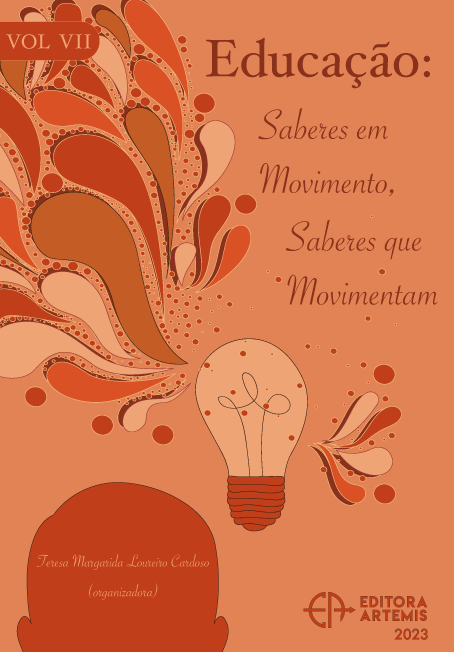
COOPERATIVE ASPECTS OF LEARNING WITH AN ASSESSMENT CONCEPT SCHEME THROUGH INTENTIONAL COMMUNICATIONS EXTENDED FOR DISTANCE LEARNING
In distance learning, it is no exaggeration to say that one of the most important issues and matters is learning quality assurance. Learners are prepared for cooperative aspects of learning on an educational core leading scheme with an assessment and make use of such a scheme through intentional communications extended with reconfirmation as dynamically conducted, for a learner-based driving force with a mobile focus. More advanced comprehensions are extended improvements for teaching and learning on a platform verified in practice. The introduction of subjects which may help readers visualize learners’ advanced comprehensions, and for the extensions leading to learning quality, has been studied. Introducing online assessment scheme applications, according to circumstances, could be effective in class. Forms of communication which are able to capture both a core leading scheme and an assessment scheme are being deliberated for advanced comprehensions and for the extensions to learning quality in STEM to STEAM, by integrating the Arts. Thus, it can be feasible to introduce cooperative aspects of learning into concept mapping-based assessment for a more highly objective learning quality assessment through intentional communications extended on a real-time basis. It is expected that the form and roles of distance education and learning will rapidly emerge from the current conventional methods and lead to more innovative approaches which provide more extensive options in educational and/or learning processes, including the concept of a life-long educational model, which are required to widely empower individual learners with qualitative rationality and sensibility. It may be effectual to find, through cooperative aspects of learning and assessment with detailed analysis on questions and answers, a trial solution for advanced software paradigms which come to a possible approach for a high-quality software design process and its verification with transparencies in instances when software is more dominant than hardware, and therefore conducted differently from the conventional software design process accompanied with hardware constraints. On the background, a possible answer to design critical and creative thinking integrated rubrics with an aid of the software paradigms may be alluded to.
COOPERATIVE ASPECTS OF LEARNING WITH AN ASSESSMENT CONCEPT SCHEME THROUGH INTENTIONAL COMMUNICATIONS EXTENDED FOR DISTANCE LEARNING
-
DOI: 10.37572/EdArt_2811230861
-
Palavras-chave: Cooperative aspects of learning. Concept map. Learning quality. Rubrics STEAM learning Digitization of education.
-
Keywords: Cooperative aspects of learning. Concept map. Learning quality. Rubrics STEAM learning Digitization of education.
-
Abstract:
In distance learning, it is no exaggeration to say that one of the most important issues and matters is learning quality assurance. Learners are prepared for cooperative aspects of learning on an educational core leading scheme with an assessment and make use of such a scheme through intentional communications extended with reconfirmation as dynamically conducted, for a learner-based driving force with a mobile focus. More advanced comprehensions are extended improvements for teaching and learning on a platform verified in practice. The introduction of subjects which may help readers visualize learners’ advanced comprehensions, and for the extensions leading to learning quality, has been studied. Introducing online assessment scheme applications, according to circumstances, could be effective in class. Forms of communication which are able to capture both a core leading scheme and an assessment scheme are being deliberated for advanced comprehensions and for the extensions to learning quality in STEM to STEAM, by integrating the Arts. Thus, it can be feasible to introduce cooperative aspects of learning into concept mapping-based assessment for a more highly objective learning quality assessment through intentional communications extended on a real-time basis. It is expected that the form and roles of distance education and learning will rapidly emerge from the current conventional methods and lead to more innovative approaches which provide more extensive options in educational and/or learning processes, including the concept of a life-long educational model, which are required to widely empower individual learners with qualitative rationality and sensibility. It may be effectual to find, through cooperative aspects of learning and assessment with detailed analysis on questions and answers, a trial solution for advanced software paradigms which come to a possible approach for a high-quality software design process and its verification with transparencies in instances when software is more dominant than hardware, and therefore conducted differently from the conventional software design process accompanied with hardware constraints. On the background, a possible answer to design critical and creative thinking integrated rubrics with an aid of the software paradigms may be alluded to.
-
Número de páginas: 14
- Takao Ichiko

